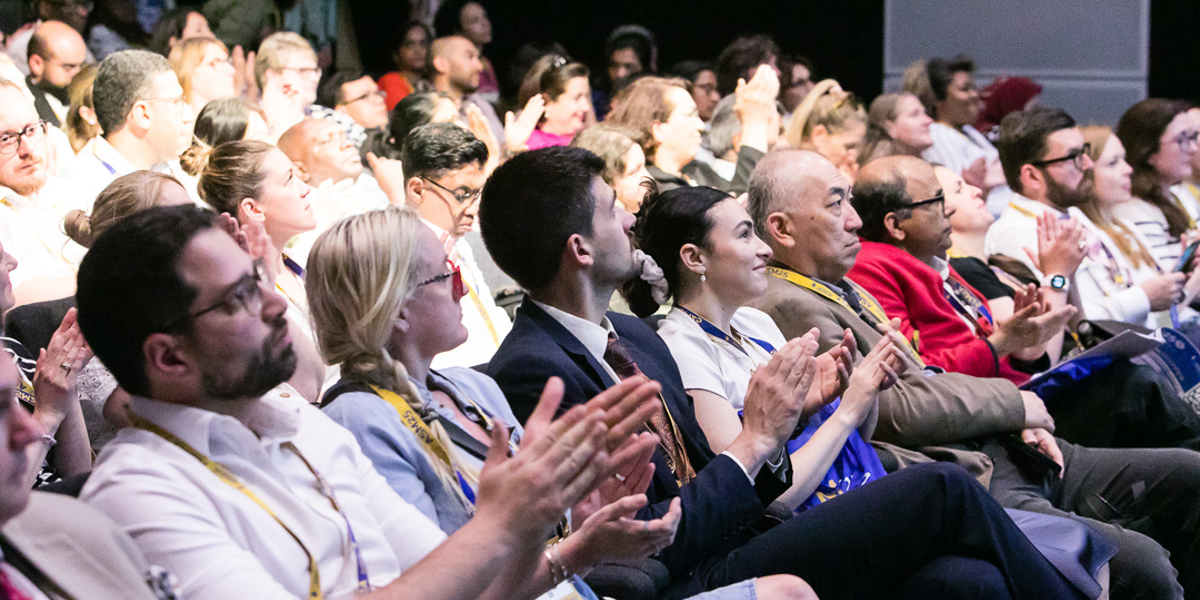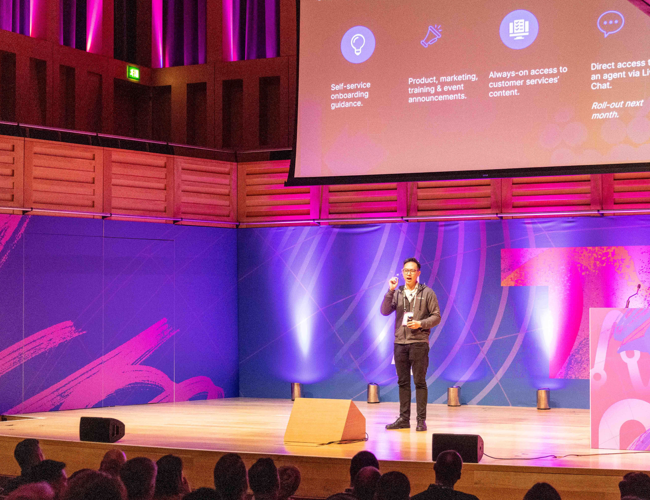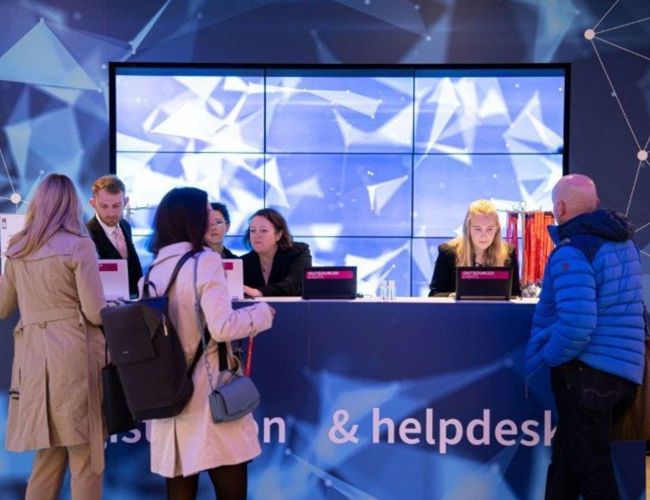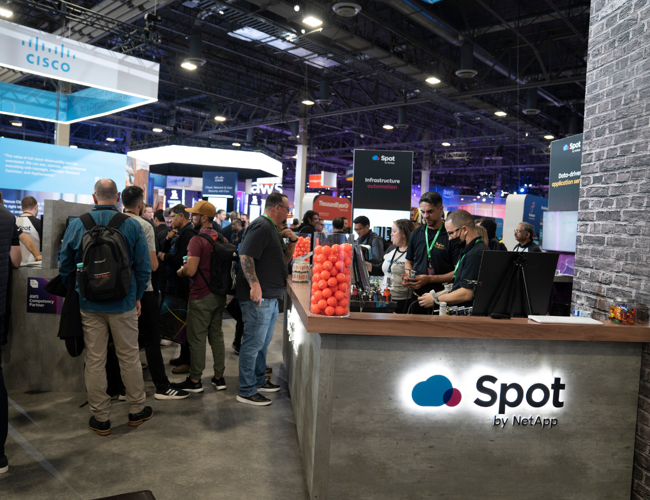Creating inclusive events: A guide to diversity in event planning

Introduction
The importance of inclusivity and diversity in event planning
The events industry has evolved significantly from the traditional "one size fits all" approach. Today's diverse events landscape demands that event planners recognise and accommodate the varied needs of all attendees. Modern event planning must ensure that everyone feels welcomed, comfortable and valued, regardless of their background, abilities or requirements. Creating truly diverse events means moving beyond basic considerations to embrace comprehensive inclusivity that makes every participant feel seen and understood.
What is inclusive event planning?
Defining inclusivity in the context of events
Inclusive event planning means creating experiences where there are no barriers to attendance, whether physical, mental or social. Every event should serve as a safe space for all participants, including attendees, speakers and sponsors alike. This comprehensive approach to event diversity requires establishing clear policies on safeguarding, accessibility and inclusivity from the outset.
The legal framework around event accessibility has strengthened considerably, with the Equality Act 2010 requiring reasonable adjustments for disabled attendees. However, true inclusivity extends far beyond legal compliance to embrace proactive accommodation of diverse needs.
A prime example of this approach can be seen in our 2023 British Neuroscience Association case study, where overarching themes of diversity, equity and inclusion were woven throughout the entire event experience, ensuring that neurodiversity and varied perspectives were celebrated and accommodated.
Some key components of an inclusive event
Creating truly diverse events requires careful consideration of multiple elements:
Sensory considerations: Beyond avoiding strobe lighting, consider sound levels, background noise and visual overwhelm. Provide sensory maps of venues and offer noise-cancelling headphones for those who need them.
Inclusive catering: Offer comprehensive dietary options including vegan, halal, kosher, gluten-free and allergen-conscious choices. Consider cultural eating practices, fasting periods and the timing of refreshment breaks to accommodate religious observances.
Comprehensive accessibility measures: Implement disabled access provisions, wheelchair accessibility, hearing loops, British Sign Language interpreters, live captioning, audio descriptions for visual content, and materials in multiple formats including large print, Braille, and digital versions.
Mental health support: Provide quiet spaces, clear signage to prevent confusion, flexible scheduling options, and trained staff who can recognise and respond to anxiety or overwhelm.
Gender-inclusive facilities: Ensure appropriate facilities that accommodate all gender identities, including family-friendly spaces for parents and carers.
Accessibility: The foundation of inclusivity
Ensuring physical accessibility for all attendees
Physical accessibility forms the cornerstone of inclusive event planning.
Venue selection and assessment: Prioritise venues with step-free access from street level, accessible parking spaces close to entrances, ramps with appropriate gradients, doorways minimum 850mm wide for wheelchair access, and passenger lifts to all floors. Ensure venues maintain current accessibility certificates and comprehensive emergency evacuation procedures including Personal Emergency Evacuation Plans (PEEPs).
Pre-event accessibility audit: Conduct thorough accessibility assessments including lighting levels (minimum 200 lux for those with visual impairments), identification of potential hazards, availability of accessible toilets with appropriate grab rails and space, and ensuring all signage meets visibility standards.
Technology integration: Utilise assistive technologies such as hearing loops, infrared systems for audio enhancement and smartphone apps that provide venue navigation for visually impaired attendees. QR codes linked to audio descriptions can transform static signage into accessible information.
Inclusive design principles: Create wheelchair-accessible presentation areas with clear sightlines, position catering at varying heights (standard 900mm and lowered 760mm options), ensure adequate circulation space (minimum 1500mm for wheelchair turning), and provide reserved seating areas with easy access.
Digital accessibility in virtual and hybrid events
Virtual and hybrid events must comply with Web Content Accessibility Guidelines (WCAG) 2.1 standards. This includes keyboard navigation compatibility, screen reader optimisation, automated captions with 99% accuracy, and audio descriptions for visual content. Companies with accessible websites see a 15% increase in customer satisfaction, demonstrating the clear business value of inclusive design.
Consider bandwidth limitations affecting participation and provide dial-in options for those with limited internet access. Ensure all digital materials are available in alternative formats, and that online platforms support assistive technologies.
Catering to cultural and social diversity
Understanding and respecting different cultural norms
Event diversity encompasses understanding religious observances, cultural communication styles and varying approaches to networking. Consider prayer times when scheduling sessions, provide appropriate spaces for religious observances, and understand cultural differences in direct communication styles. Some cultures prefer formal introductions whilst others embrace casual networking approaches.
Providing diverse food and beverage options
Inclusive catering extends beyond dietary requirements to celebrate cultural diversity. Source authentic cuisine from diverse suppliers, clearly label all ingredients and preparation methods, and consider cultural significance of certain foods.
Accommodate varying mealtimes across cultures, provide appropriate utensils for different eating customs, and ensure halal, kosher and other religious dietary requirements are properly certified rather than simply avoiding certain ingredients.
Engaging all audiences
Creating networking opportunities for diverse groups
Successful diverse events facilitate meaningful connections across different backgrounds and abilities. Design varied networking formats including speed networking for efficiency, topic-based discussion groups for focused conversations, virtual networking lounges for those unable to attend physically, and quiet networking spaces for introverted participants or those requiring lower sensory environments.
Making all attendees feel valued and included
Representation matters significantly in event diversity. Ensure speaker diversity reflects your audience demographics, use inclusive language in all communications (avoiding idioms that may not translate across cultures), provide content in multiple languages where appropriate, and acknowledge different cultural perspectives in presentations.
Consider neurodiversity in session design by offering content in multiple formats, providing detailed agendas in advance, allowing flexible participation options, and training speakers to accommodate different learning styles.
Benefits of creating inclusive events
How inclusivity enhances attendee experience
When event diversity is prioritised, participant engagement increases significantly. Attendees report feeling more comfortable contributing to discussions, networking more effectively across diverse groups, and gaining broader perspectives on industry topics.
Inclusive event planning creates environments where innovation flourishes because diverse viewpoints drive creative problem-solving and collaborative thinking. This leads to higher-quality outcomes and more valuable professional connections.
Implementation strategies for inclusive events
Budget considerations for inclusivity
Allocate 5-10% of the event budget specifically for accessibility and inclusion measures. This might include BSL interpreters, accessible transport options, assistive technology rental, and additional catering requirements.
Many accessibility features have minimal cost impact when planned from the outset but become expensive retrofits if added later.
Measuring success in inclusive events
Implement feedback mechanisms that capture diverse perspectives on event accessibility and inclusivity. Use post-event surveys with specific questions about accommodation effectiveness, analyse attendance demographics against population diversity, and track retention rates across different participant groups.
Summary
The power of inclusivity in events
Creating truly diverse events requires systematic planning, genuine commitment and continuous improvement based on participant feedback. When done effectively, inclusive event planning creates experiences that are richer, more innovative and more successful for all participants.
The evidence clearly demonstrates that investment in event diversity and accessibility delivers tangible returns through increased satisfaction and engagement.
How to start planning your next event
Begin by conducting an accessibility audit of your current practices, engaging with diverse communities to understand their specific needs and implementing a comprehensive approach to inclusive event planning.
Consider partnering with specialist accessibility consultants, disability organisations, and cultural groups to ensure your approach is informed by lived experience rather than assumptions.
Remember that creating inclusive events is an ongoing journey of learning and improvement. Each event provides opportunities to refine your approach and demonstrate your organisation's commitment to ensuring that everyone can participate fully in professional and social opportunities.
Ready to make your next event a memorable one?
At Outsourced Events, we specialise in delivering award-winning, accessible events that celebrate diversity and ensure every attendee feels valued and included. Our experienced team understands the complexities of inclusive event planning and can help you create memorable experiences that meet the highest standards of accessibility and cultural sensitivity.
Get in touch today to discuss how we can support your event goals:
Email: info@outsourcedevents.com
Phone: +44 (0)330 460 6007
Our Latest Knowledge & Insights

Outsourced Events recognised amongst UK's best workplaces
Outsourced Events has achieved exceptional rankings in the Best Companies 2025 lists, announced on 13th November, following our One Star 'Very Good Company’ to work for accreditation.
Read More
Outsourced Events achieves Science Based Targets initiative (SBTi) validation
Outsourced Events have committed to set near-term company-wide emission reductions in line with climate science from the Science Based Targets initiative (SBTi). The SBTi is a corporate climate action organisation that enables companies and financial institutions worldwide to play their part in combating the climate crisis.
Read More
Ask the tradeshow experts: A Q&A with the OE team
Tradeshows are powerful for lead generation and brand building, but maximising ROI requires strategic planning. Our experienced tradeshow managers share practical insights to transform your next exhibition.
Read More





